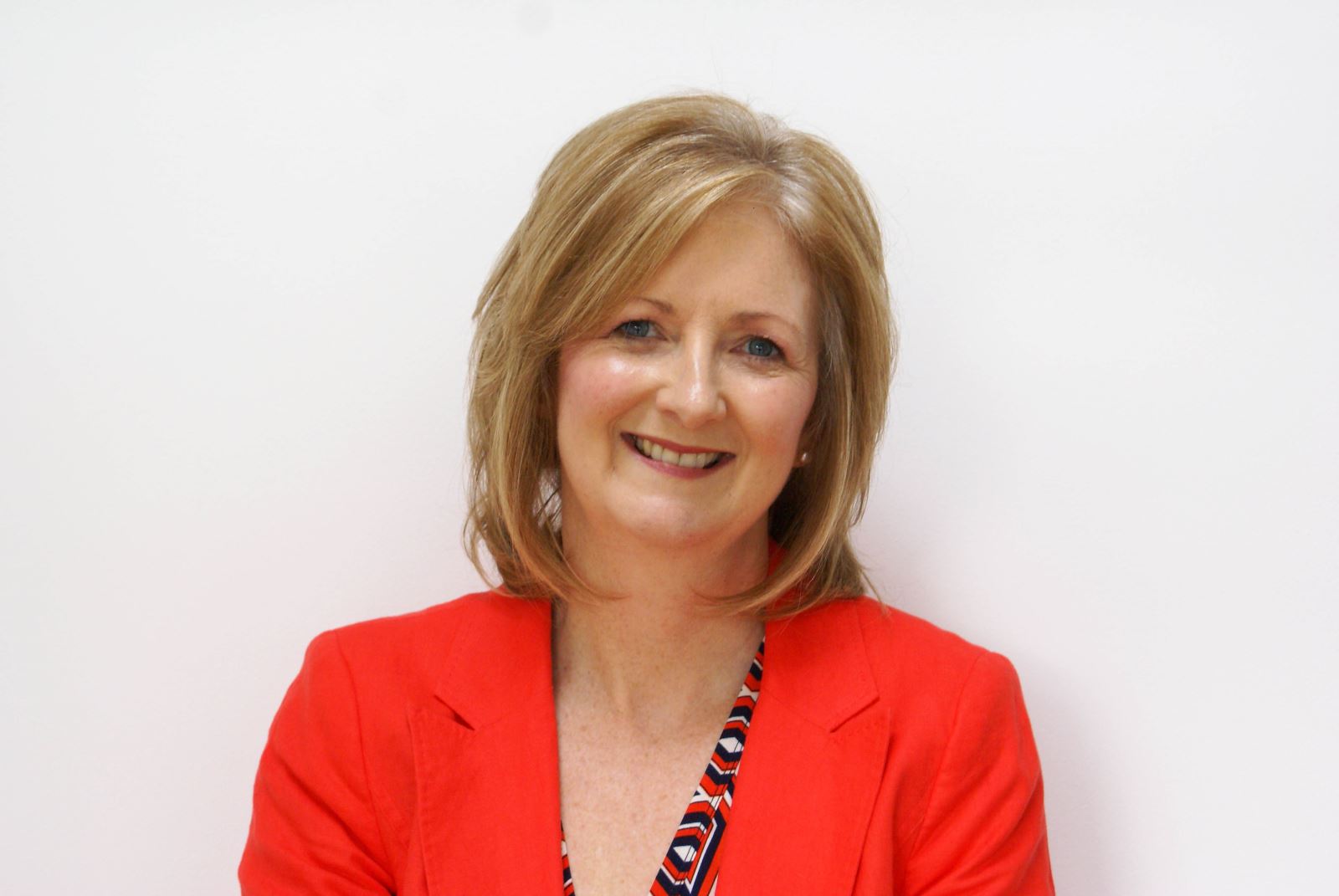6 Top tips for developing positive relationships
By Sally Evans
By building positive relationships with others, we will be happier and more fulfilled and feel more supported, supportive, and connected.
The most important single ingredient in the formula of success is knowing how to get along with people. Theodore Roosevelt
One of the most profound experiences we can have in our lives is the connection we have with other human beings. Positive and supportive relationships will help us to feel healthier, happier, and more satisfied with our lives. So here are a few tips to help you to develop more positive and healthy relationships in all areas of your life:
1. Accept and celebrate differences.
One of the biggest challenges we experience in relationships is that we are all different. We can perceive the world in many different ways. Certainly, one stumbling block is when we try to build relationships with an expectation that people will think like we do, and we are so often disappointed when they don’t react as we might expect! We often feel more comfortable when we feel that people “get” us and can see our point of view. Life, however, would be very dull if we were all the same and, while we may find it initially easier, the novelty of sameness soon can wear off. So, accepting and celebrating that we are all different is a great starting point to building a positive relationship.
2. Listen effectively.
Listening is a crucial skill in boosting another person’s self-esteem, the silent form of flattery that makes people feel supported, heard and valued. Listening and understanding what others communicate to us is the most important part of successful interaction and vice versa. Active or reflective listening is the single most useful and important listening skill. In active listening, we display that we are genuinely interested in understanding what the other person is thinking, feeling, wanting, or what the message means, and we are active in checking out our understanding before we respond with our own new message. We restate or paraphrase our understanding of their message and reflect it back to the sender for verification. This verification or feedback process is what distinguishes active listening and makes it effective. Before you next respond in a conversation, think about whether you really listened to the other person, or were you just waiting to get your own point across?
3. Give people your time.
Giving time to people is a huge gift. In a world where time is of the essence and we are trying to fit in more than one lifetime, we don’t always have the time to give to our loved ones, friends, and work colleagues. Technology has eroded our ability to build real rapport and we attempt to multi-task by texting and talking at the same time. Being present in the time you give to people is so important, so that, when you are with someone, you are truly with someone and not dwelling in the past or worrying about the future. The connection we make with other people is the very touchstone of our existence, and devoting time, energy, and effort to developing and building relationships is one of the most valuable life skills.
4. Manage mobile technology.
By now, pretty much everyone has a mobile phone and many people have two or more. While they are a lifesaver in an emergency, and an effective tool for communication, they also can be a complete distraction when people exhibit a lack of mobile phone etiquette. So, put your phone away when you are with others!
5. Learn to give and take feedback.
Feedback, is the breakfast of champions! Whilst it may not always taste great, it can be very good for you. The ability to provide constructive feedback to others helps them to tap into their personal potential and can help to forge positive and mutually beneficial relationships. From your own personal perspective, any feedback you receive is free information and you can choose whether you want to take it on board or not. It can help you to tap into your blind spots; those bits of your personality that you don’t recognise about yourself and get a different perspective.
6. Develop empathy.
Maya Angelou once said: “People will forget what you said, people will forget what you did, but people will never forget how you made them feel.”
Empathy and understanding builds connection between people. It is a state of perceiving and relating to another person’s feelings and needs without blaming, giving advice, or trying to fix the situation. Empathy also means “reading” another person’s inner state and interpreting it in a way that will help the other person and offer support and develop mutual trust.
Every relationship we have can teach us something, and by building positive relationships with others, we will be happier and more fulfilled and feel more supported, supportive, and connected.
 Sally is the Founder of LifeBuddy. She is an Organisational Development consultant and is a Practitioner with the Association for Business Psychology.
Sally is the Founder of LifeBuddy. She is an Organisational Development consultant and is a Practitioner with the Association for Business Psychology.